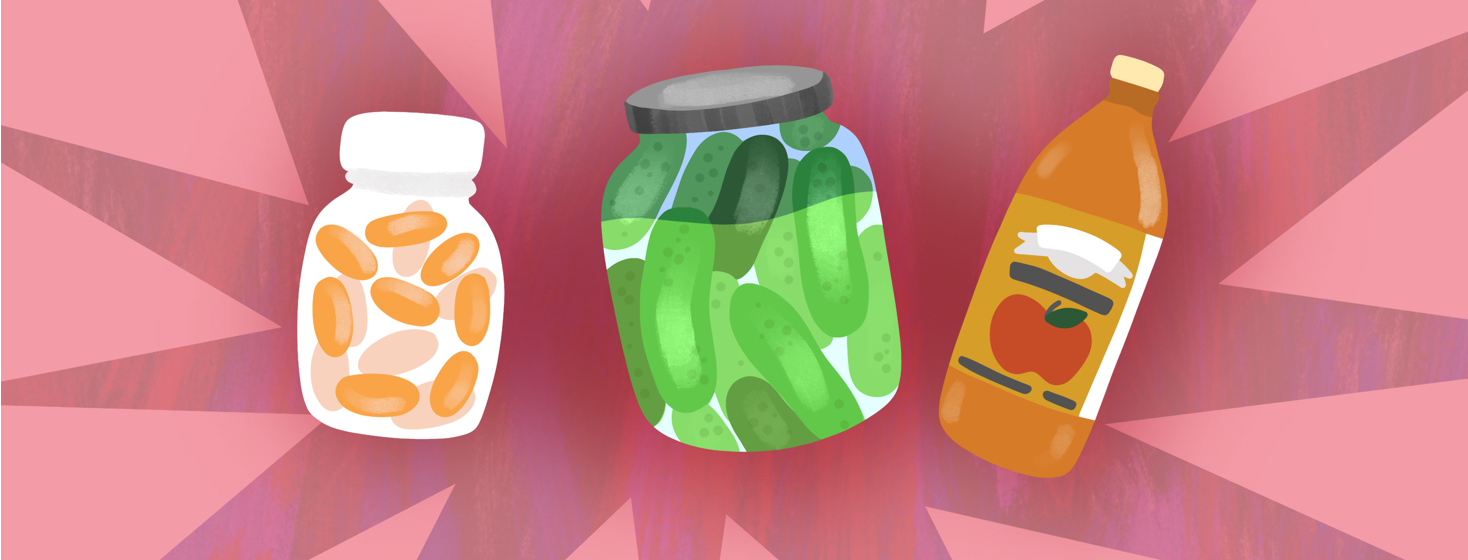Why I Take Probiotics for My Eczema and Celiac Disease
One of the most well-known and talked about supplements for eczema are probiotics. They have the potential to help with a wide range of health conditions and improve gut health.
I heard of probiotics at a young age, shortly after my diagnosis of celiac disease. This would be the main part of my treatment, aside from following a strict gluten-free diet. The main goal was to replenish the gut flora. This way, my body could properly absorb the vitamins, nutrients, and minerals it needed.
What are probiotics?
Probiotics are already naturally present in the human body - and there are hundreds of different strains! Fermented foods such as yogurt, kefir, and kombucha also contain a high amount of probiotics.1 Supplement probiotics taken as a capsule by mouth are also extremely popular in today's day and age, and there are plenty of options to choose from!
Just like our body has bad bacteria, it also needs to have the good to balance things out. Unfortunately, through the use of antibiotics and other medications, this balance can get out of whack pretty quickly. Having an inflammatory condition, such as eczema, can upset this balance even more.
A lot of people have theorized that eczema actually starts in the digestive tract. We also know a lot more about the gut health connection in general now. The theory is that if there is an imbalance of the good and bad bacteria in the gut, we are more prone to having skin rashes and other health conditions.
Atopic dermatitis and probiotics
Since atopic dermatitis is an immune-related condition, and most of the immune system resides in the gut, it makes sense that this could be a factor in our case. Since probiotics are thought to strengthen the immune system, this can potentially help the “misfiring” of our immune system. This can reduce the inflammation that causes atopic dermatitis rashes in the first place.
I’m personally not sure that it directly helps with skin rashes in my case. However, since I deal with both celiac disease and eczema, I do take probiotic supplements daily and believe that it helps my digestive system, which can, in turn, only help my skin.
Why I take probiotic supplements
While I take a probiotic supplement, I prefer making my own fermented food and getting my probiotics that way. I feel that is a much more natural and whole way of obtaining them. Other benefits, such as help with mental health and other conditions, have been reported as well. Plus, it can kind of turn into a fun hobby! I personally love grabbing something directly from my garden and fermenting it, especially when preparing for the winter season.
What the research says
Although there has been some research done on the use of probiotics for treating eczema, there is still room for growth. It is not exactly enough to conclude that it is a viable treatment. However, many people do say it helps.
While I don’t think they are going to cure my eczema or celiac disease overnight, I think they are certainly a helpful aid. I don’t really think adding to your supplement regimen can hurt, if you haven’t already!

Join the conversation